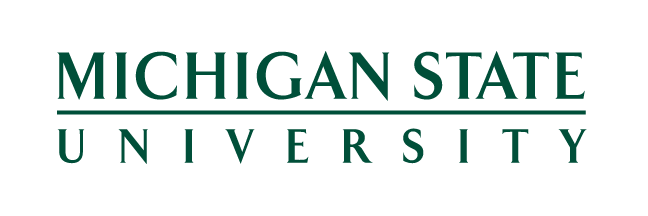AUTHORS
John Westall, EPIC/MSU
Andrew Utter, EPIC/MSU
Katharine O. Strunk, EPIC/MSU
A Working Paper from EPIC
Following the Letter of the Law: 2020-21 Retention Outcomes Under Michigan’s Read by Grade Three Law
March 2023
This paper examines retention outcomes under RBG3 in the 2020-21 school year, the first year the retention element of the law was implemented. We define retention outcomes as whether a student scores low enough on the third-grade ELA M-STEP to qualify for retention and whether the student is eventually retained.
We focus on the potential disparate implementation of retention for traditionally disadvantaged students, including students of color, low-income students, students with disabilities, English learners, and students in specific kinds of districts (e.g., by urbanicity, size, prior achievement).
In so doing, we ask two research questions:
- Is retention implemented differentially under the Read by Grade Three Law by student and district characteristics?
- Are differences in retention outcomes explained by exemption eligibility?
In addition, we examine the roles of math performance, good cause exemption qualification, district characteristics, and student mobility in explaining disparities in retention outcomes.




